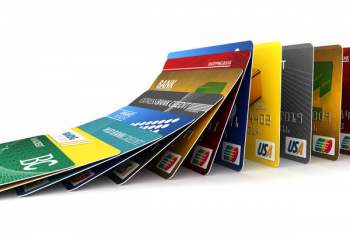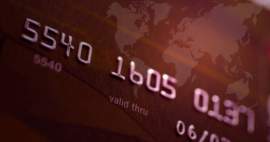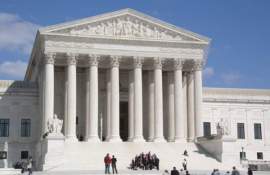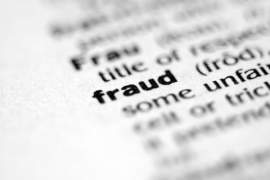
What Are The Cardholder Responsibility

Credit card fraud can leave a victim in tremendous, undeserved debt, with an uphill battle to prove that charges accrued by the fraudster were not actually incurred by the victim himself. Fortunately, there are some elements of credit card fraud protection incorporated into law which work to protect victims of credit card fraud from being overly injured. Specifically, in America, credit card fraud protection statutes are such that the card holder is very rarely held liable for any large sum of money after being victimized in credit card fraud. At most, you could be held liable for $50 if the physical card is stolen by a thief, and has a chance to use the card before you report it missing. Even this fee is very often waived by credit card companies, as long as you sign an official affidavit affirming that it was not you who purchased whatever charges the thief has incurred on the card's account. If the physical card is not stolen, but instead only the credit card information itself is stolen, then you have no liability under federal law. This ensures credit card fraud protection from the kind of credit card fraud perpetrated often through the Internet. If, however, the type of credit card fraud perpetrated involved the opening of a fraudulent, new account, then the matter takes on an entirely different form. The reason for this is that a brand new account is much harder to prove as fraudulent then single charges on an actually legitimate card. Credit card companies will be unlikely to accept proof of fraudulent accounts as well, if only because there have been numerous instances of individuals who open credit accounts, run up a slew of charges, and then attempt to escape paying those fees by claiming that the account is fraudulent. This strategy makes the entire issue of credit card fraud protection from fraudulent accounts significantly more complicated, as the credit card company needs to be able to conclusively determine that the victim is not actually attempting to pull a scam on the company him or herself. The best way to deal with this type of credit card fraud is to avoid it in the first place, using credit card fraud alerts from monitoring companies to alert you the moment a new account is opened up, so that you can take care of the fraud immediately. If you are able to act as soon as the account opens, you will likely achieve significantly better results than you would if you were only able to act later, after the new credit card was already maxed out. Furthermore, sometimes creditors will still come after a victim who is not liable for any of the charges that were fraudulently made with his card. This is because actually enforcing the credit card fraud protection to which a victim is entitled is often not as easy as one would hope. The law is on the side of the victim, however, as credit card fraud protection statutes ensure that the victim does not suffer for the crimes of others. The key element here is that it is your responsibility as the cardholder to keep pushing, just as it is technically the responsibility of the credit card companies and government to ensure that you are left unscathed by the criminal actions of others. If you do keep pushing, in the end, your protection will be borne out, as the credit card fraud protection law will be on your side.



















